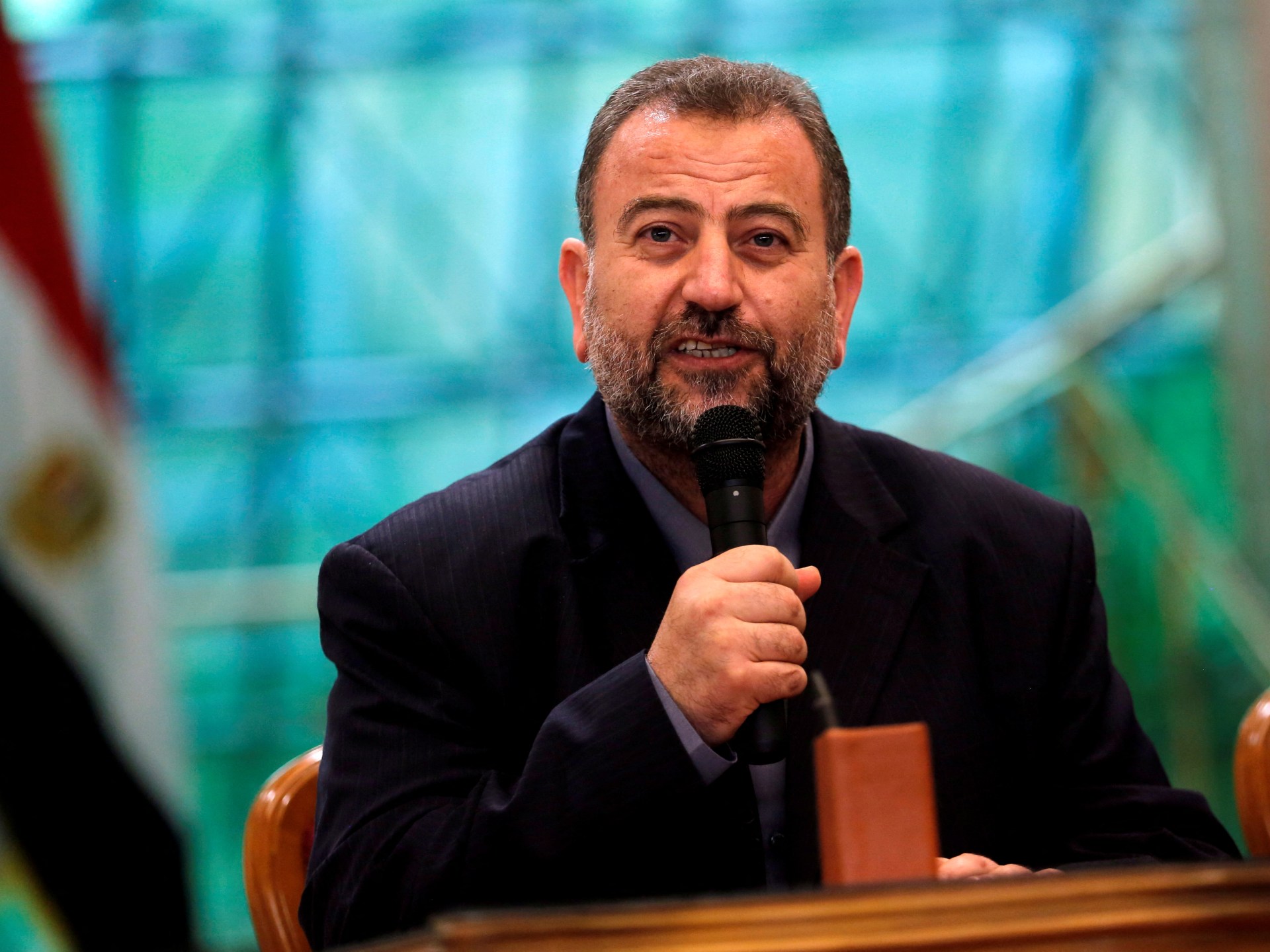Published On 20 Sep 2023
India’s lower house of parliament has passed a bill that would more than double the number of women lawmakers in its ranks, following several failed attempts to enact the measure stretching back decades.
The proposed law, called the Women’s Reservation Bill, would reserve one-third of seats in India’s lower house and state assemblies for women once it takes effect, which could take until at least the end of the decade.
Its revival comes months before general elections are due by May 2024, when Prime Minister Narendra Modi is seeking a third term, and could be a further fillip to the already commanding position of Modi’s Hindu-nationalist Bharatiya Janata Party (BJP) ahead of that poll.
Analysts say the chances of the bill being passed in parliament have brightened as opposition to it has shrunk over the years. A total of 454 lawmakers voted for the bill on Wednesday, with only two against.
“The proposal has been passed with more than a two-thirds majority of the members present in the house,” said Om Birla, the speaker of parliament.
When Prime Minister Indira Gandhi took office to lead India in 1966 she became the world’s second woman head of government in a parliamentary democracy, following Sri Lanka’s PM Sirimavo Bandaranaike six years earlier.
Two women have served in India’s ceremonial presidency and others have been chief ministers, party leaders and power brokers in the decades since, but that has not equated to broader political representation.
Just 104 of India’s 788 MPs were women after the last national election, according to government figures – a little over 13 percent.
Those figures reflect a broader under-representation of women in Indian public life. Just under a third of working-age Indian women were in the formal labour force last year, according to government data.
The contentious legislative proposal has languished for decades due to opposition from some political parties, and it needs the approval of both houses of parliament and a majority of state legislatures to become law.
Six previous attempts to pass the bill have stalled since it was first introduced in 1996, with sometimes vehement resistance from lawmakers.
Mulayam Singh Yadav, at the time the chief minister of Uttar Pradesh, India’s most populous state, suggested in 2010 that the bill should not be passed because it would compel men to wolf-whistle at their female colleagues in parliament.
The bill proposes a constitutional amendment to enshrine a one-third quota reserved for women, requiring a two-thirds majority in both houses of parliament to succeed.
Its passage through the upper house is expected to be smooth thanks to broad political support for the measure.
 Villagers reach higher ground after they left their submerged house in Sandahkhaiti, a floating island village in the Brahmaputra River in Morigaon district, Assam, India [File: Anupam Nath/AP]
Villagers reach higher ground after they left their submerged house in Sandahkhaiti, a floating island village in the Brahmaputra River in Morigaon district, Assam, India [File: Anupam Nath/AP]
‘Injustice to women’
The quota would only take effect once India redraws its electoral boundaries after the mammoth undertaking of a census for its 1.4 billion people. The last one, due in 2021, was postponed indefinitely because of the coronavirus pandemic.
“It’s a complicated process,” Jagdeep S. Chhokar, cofounder of the civil society group Association for Democratic Reforms, told the AFP news agency.
“Those exercises will take at least two, three years, if not more,” he added. “Therefore it can be implemented only around 2026-27, which is a long time in Indian politics.”
Sonia Gandhi of the opposition Congress party told parliament her colleagues supported the bill but called for revisions to allow it to take effect sooner.
“Immediate implementation of the bill is not only necessary but also possible,” she said.
“Any delay in implementing it will be injustice to women.”
Several Asian countries have laws mandating a minimum number of women lawmakers in their national parliaments, including India’s neighbours Nepal and Bangladesh.
Just four Asian nations – Malaysia, Japan, Sri Lanka and the Maldives – have a lower proportion of women MPs than India, according to World Bank data from last year.
The BJP, which is widely expected to win next year’s election and deliver Modi a third term in office, already enjoys strong support among women.
An exit poll conducted by news outlet India Today after the last election in 2019 found that 46 percent of Indian women voted for the BJP and its coalition allies, versus 44 percent of men.
Source
:
Al Jazeera and news agencies

 Movie
Movie 7 months ago
133
7 months ago
133 






![Presidents Day Weekend Car Sales [2021 Edition] Presidents Day Weekend Car Sales [2021 Edition]](https://www.findthebestcarprice.com/wp-content/uploads/Presidents-Day-Weekend-car-sales.jpg)



 English (United States)
English (United States)